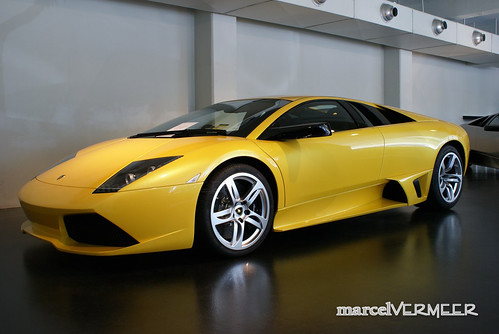Exclusivity
Earlier this week, we wrote about the proposed Sirius/XM merger moving closer to reality.
Once the merger is complete, new chipsets will need to be produced so both XM and Sirius can be received. ST Microelectronics, which makes chips for both, is one company that should benefit from the merger:
The Department of Justice’s stamp of approval on the proposed Sirius/XM Radio merger this week is good news for semiconductor suppliers, according to industry watchers. With only the Federal Communications Commission yet to green-light the union (which could happen in as quickly as a month, according to published reports) the merger will mean a boost in chip sales as radio suppliers scramble to make their receivers compatible with both satellite systems….
The DoJ approval could also spike demand for satellite radios now that consumers have reason to hope the merger will go through. Prospective customers have been sitting on the fence until now, reluctant to be caught in the same boat as HD DVD owners, who backed the wrong horse….
Chip-maker ST Microelectronics should fare well if the merger is approved. The company is the sole provider of XM’s baseband chipset and one of a pair of suppliers of Sirius baseband chipsets. ST also delivers tuners for both systems and expects to continue supplying hardware companies with the same components when radios have to receive signals from both services’ existing satellites.
If the new Sirius decides to integrate the baseband and tuner on a single chip, ST will be in the enviable position of being able to do so with a minimal learning curve, according to Michael Kasparian, market development manager for the automotive business unit at ST. However, he said, a redesign into a single baseband chip will require retooling, because the two basebands are currently worlds apart. That kind of overhaul, however, is typical in the dynamic consumer electronics product cycle, although getting the new chip spec from Sirius could take up to a year after FCC approval. "We’d be talking about a 65-nanometer CMOS process for the baseband chip," he said. "If it takes longer to get the design, we may be to 45-nanometer."
The article above got us to wondering: what will happen to all those exclusive deals that Sirius and XM have signed with various manufacturers?
Will the Lamborghini Murciélago lose some of its exclusive appeal if it’s double-dating both radio providers?

After all, it’s just today that Automobili Lamborghini S.p.A announced that it will "offer SIRIUS as its exclusive satellite radio provider in Lamborghini vehicles. The first Lamborghini to include SIRIUS as standard factory installed equipment will be the Murcielago beginning with the 2009 model year in the U.S."
Will such exclusive deals lower the value of this?
Or reduce the appeal of the Sirius-equipped 2008 Ford Expedition Funkmaster Flex Edition?
For now, the nouveau rich muscle car driver who wants their XM has to turn to Ferrari.
Tough choice, eh?
Somehow, we don’t think these exclusive deals will matter much to the sales of such super cars. Those who can afford them can probably afford an aftermarket chip retrograde.
But it will be a little less exclusive, won’t it?